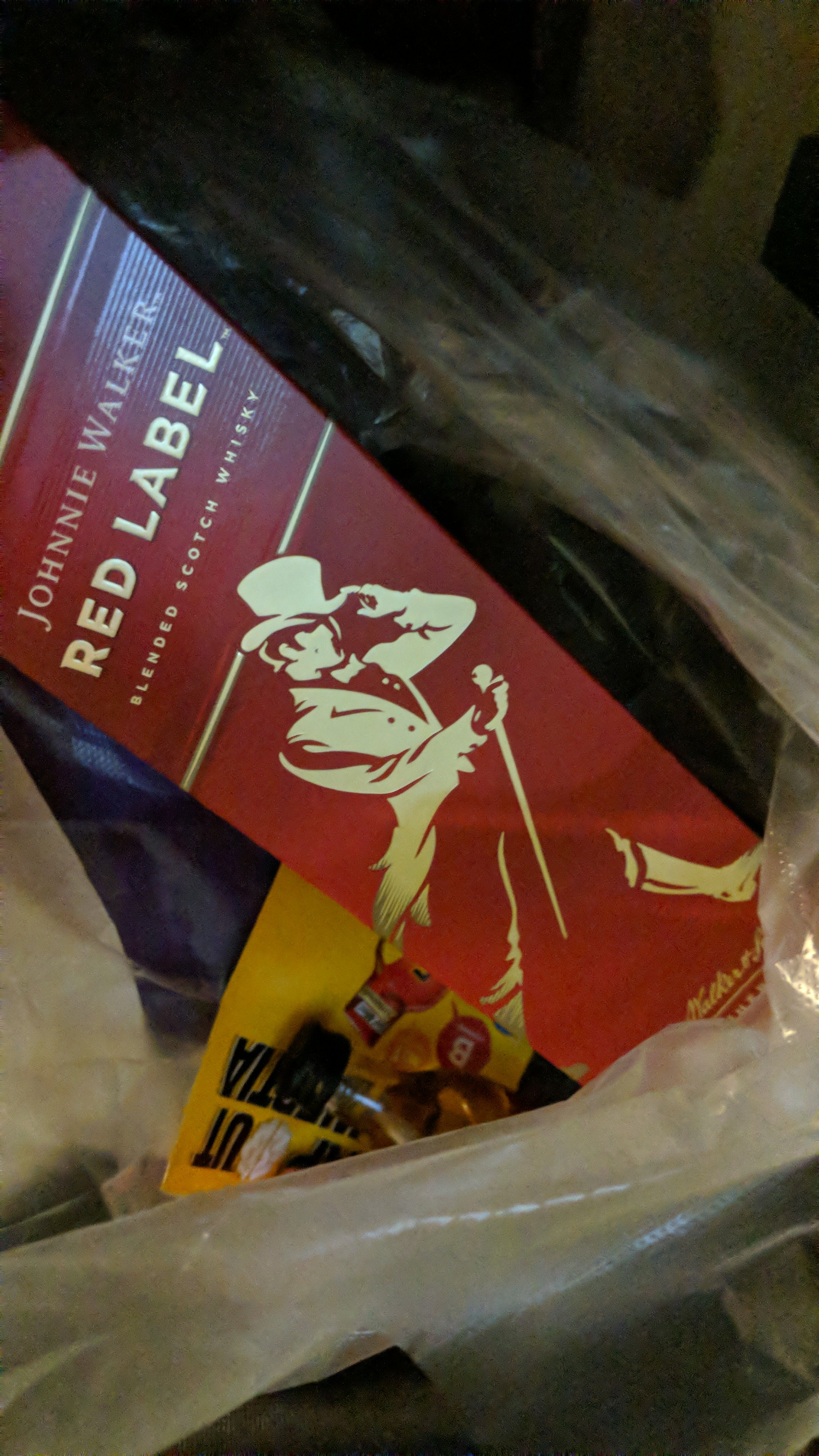
lucas5763
No personal profile
10Follow
1Followers
0Topic
0Badge
OK OK
S&P 500 and Nasdaq end down after hitting record highs
ggood
The Meme Stock Trade Is Far From Over. What Investors Need to Know.
too late
Newegg stock soars nearly 70% as sold-out Nvidia GPUs appear in product lottery
like amazon
Sorry, the original content has been removed
liked
Sorry, the original content has been removed
nice
Foley-Backed SPAC Reaches Merger Deal With System1 Marketing Firm
Okay
GameStop Joined the Russell 1000. The Move Might Hurt the Stock.
Hmmm
5 Buffett Stocks to Buy Hand Over Fist for the Second Half of 2021
Go to Tiger App to see more news